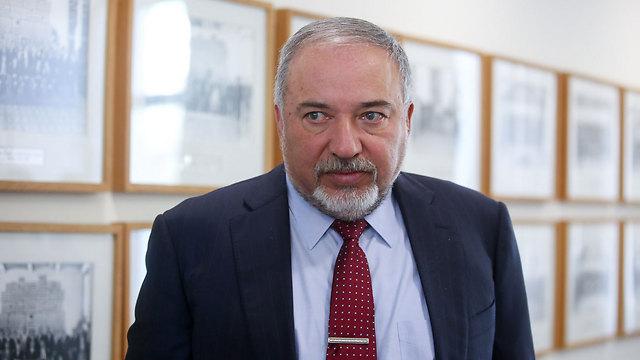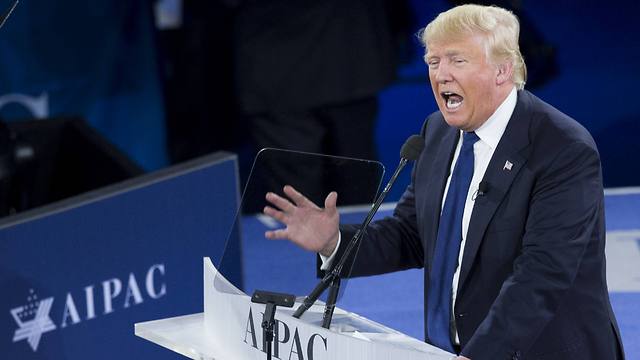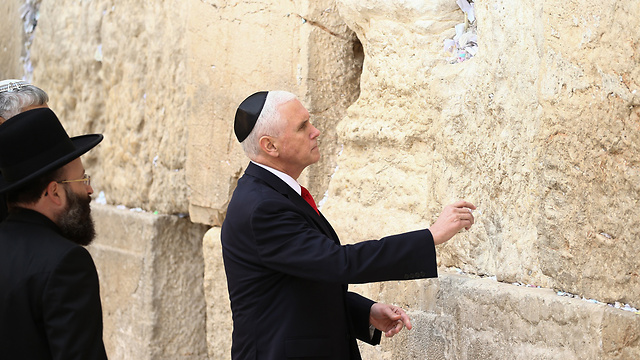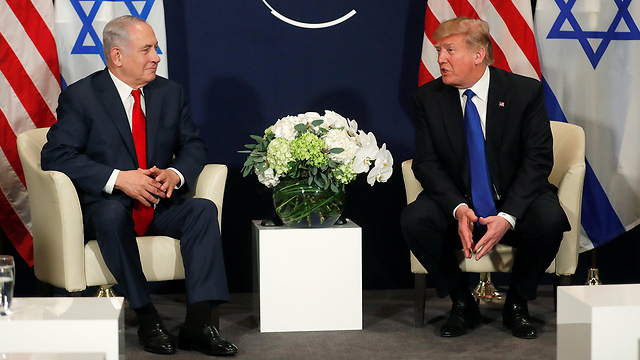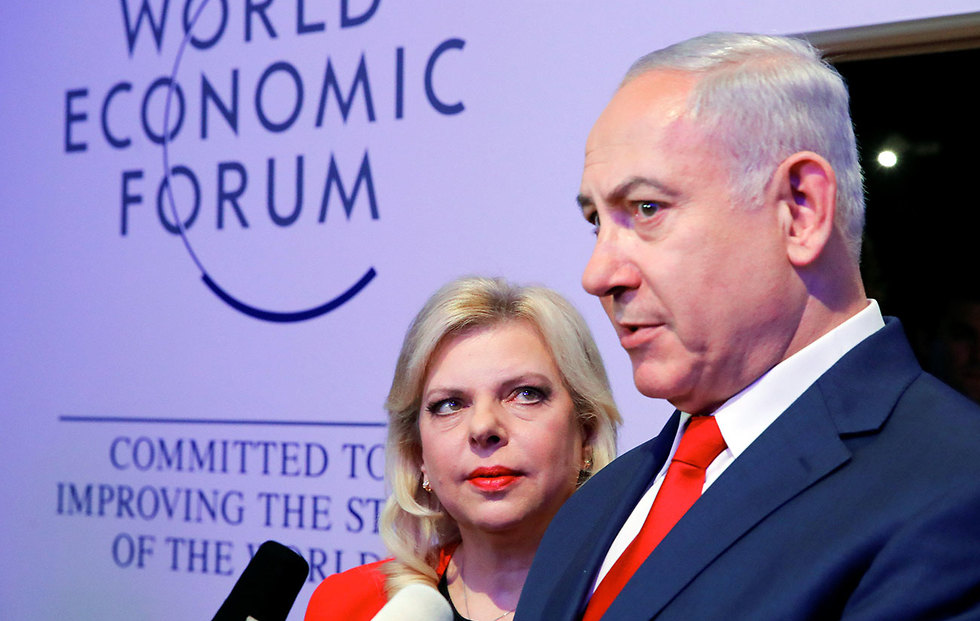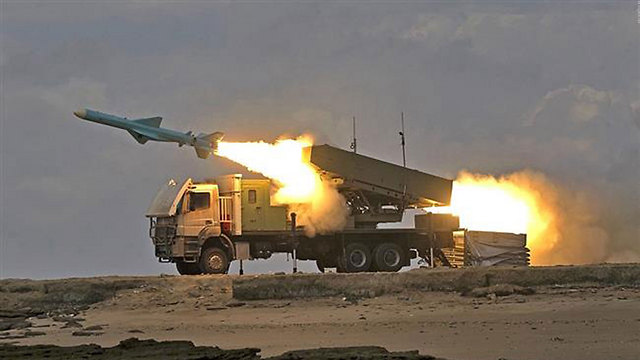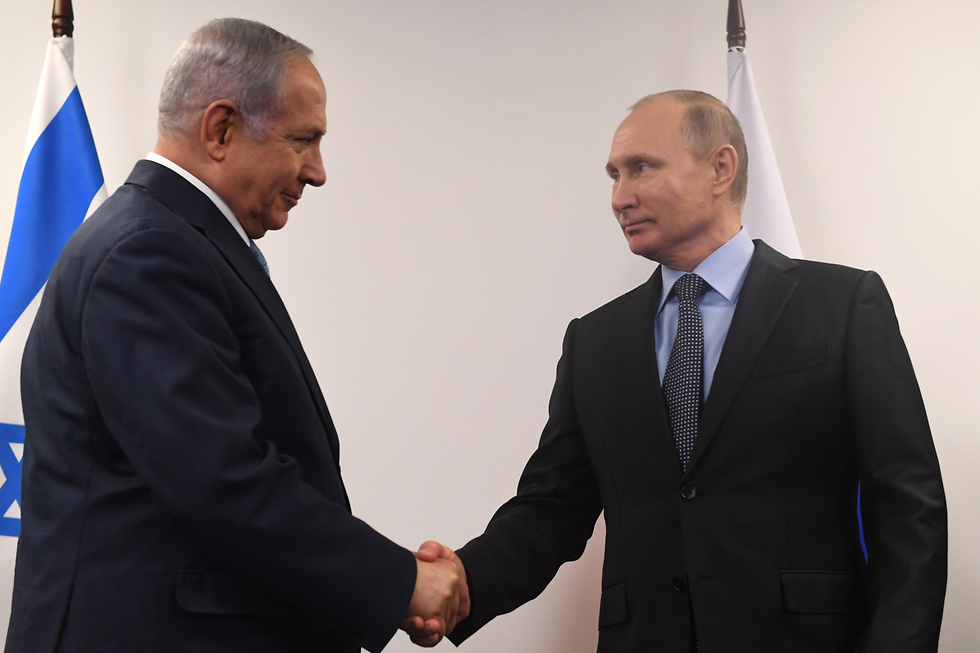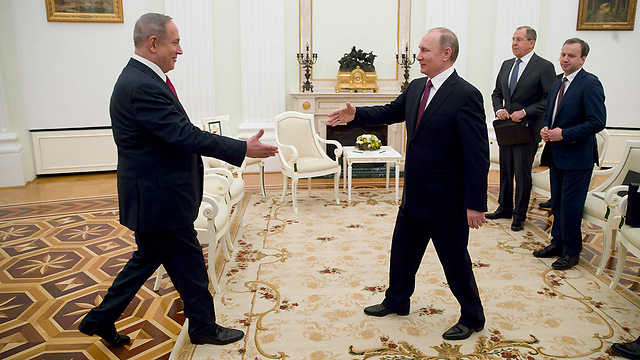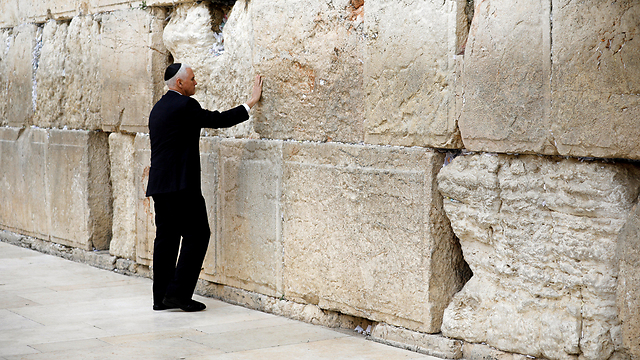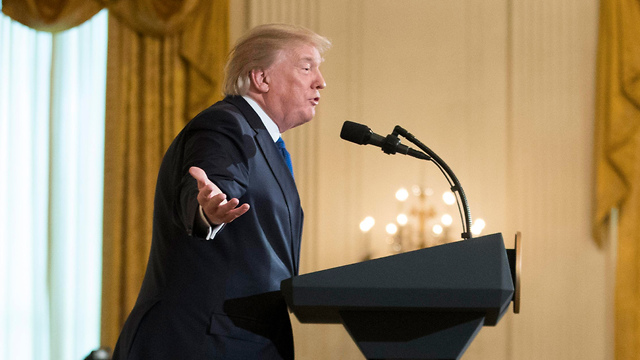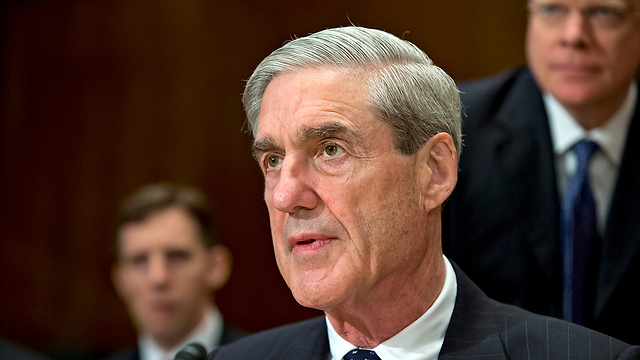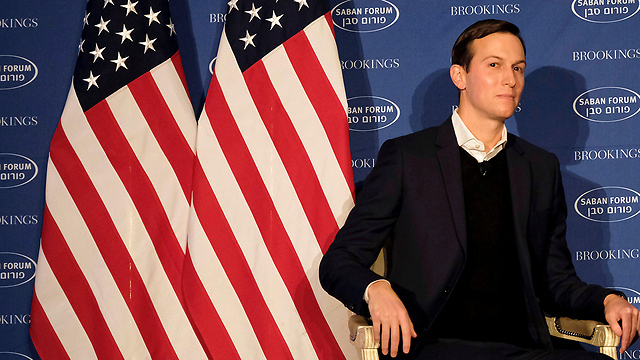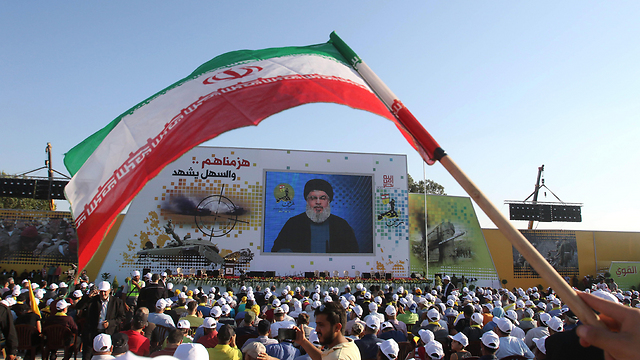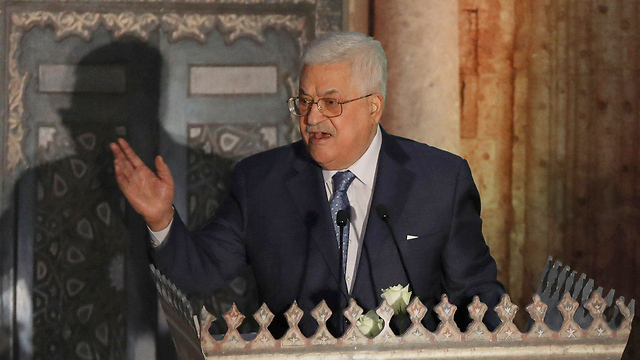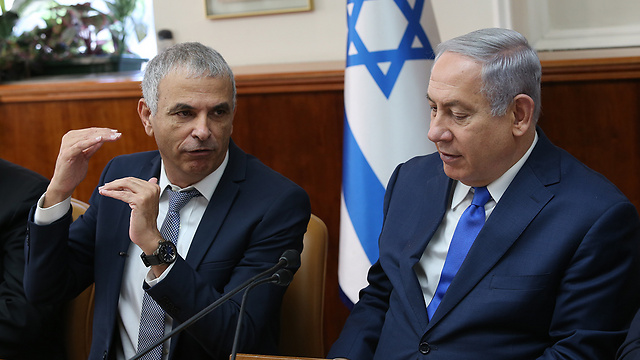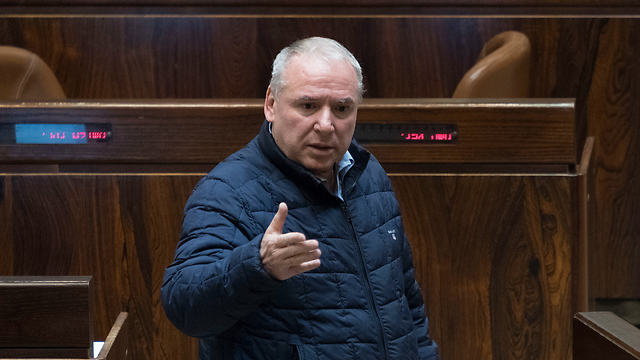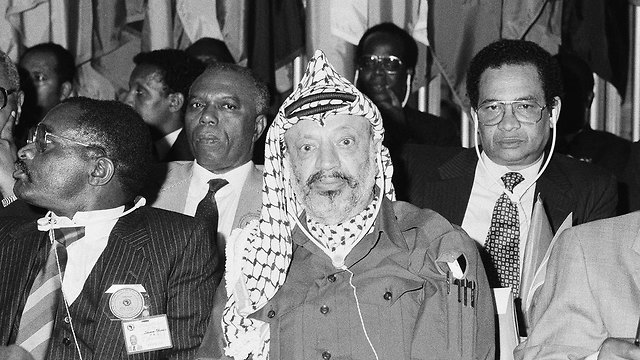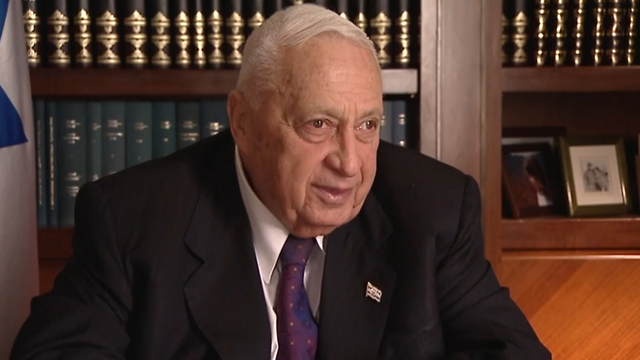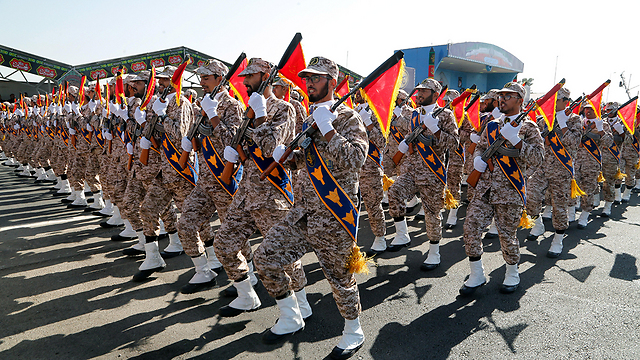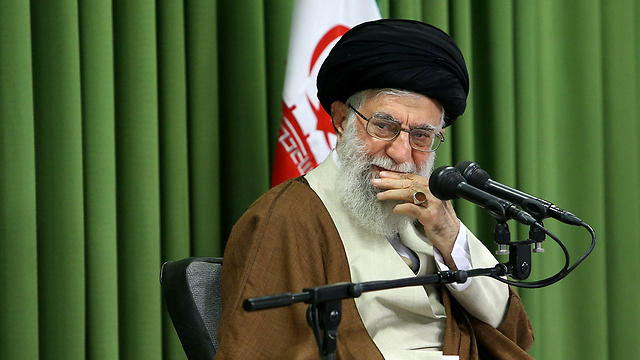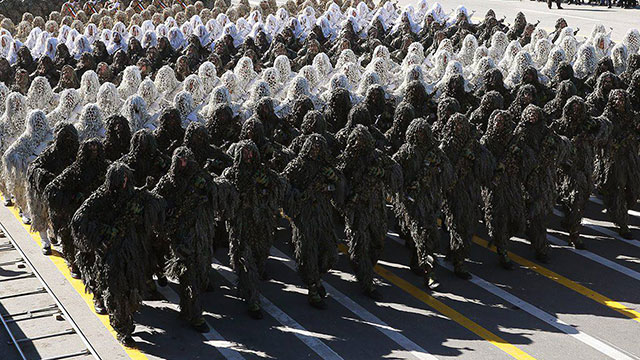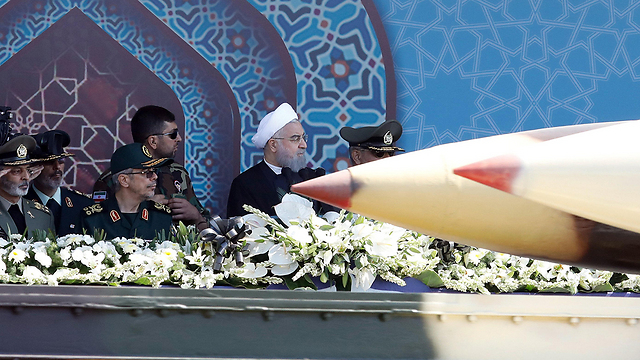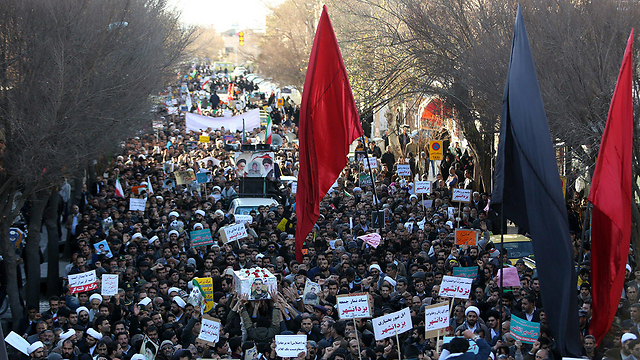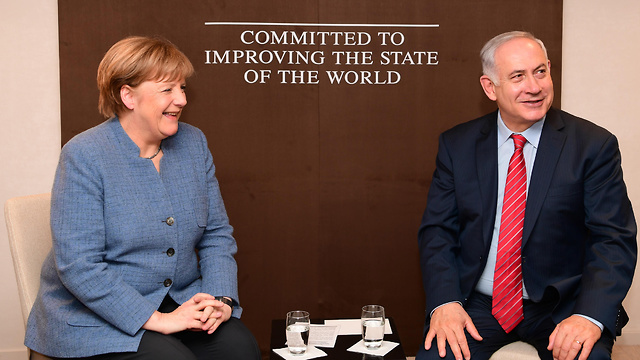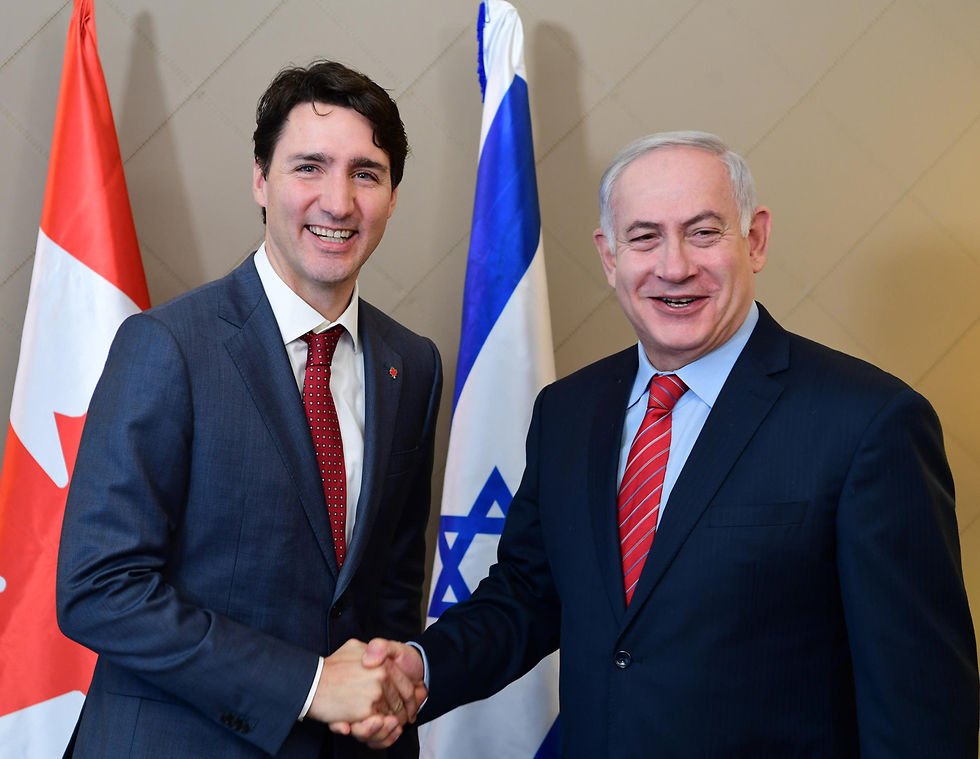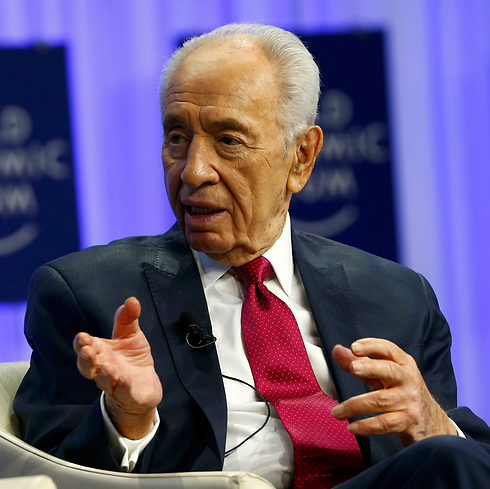The series of public messages conveyed by Israel in the past few days, particularly to the Lebanese government, and Monday’s meeting between Prime Minister Benjamin Netanyahu and Russian President Vladimir Putin in Moscow, leave no room for doubt: Israel is moving quickly towards a “war by choice” or, in other words, an initiated war in Lebanon.
On Sunday, the IDF spokesperson published an op-ed in Lebanese opposition websites, threatening that if Lebanon allows Iran to build missile factories on its territory, “we will attack them accurately.” On Monday, Defense Minister Avigdor Lieberman made Israel’s determination clear, and determination in such cases means use of force.
Meanwhile Monday, the Russians released an image showing Israel’s Military Intelligence director, the prime minister’s military secretary and the military attaché in Moscow briefing Russian Defense Minister Sergey Shoygu before entering Putin’s bureau.
None of this is coincidental. Everything is calculated. Israel is exerting intensive pressure in an effort to deter the Iranians from building precision-guided missile factories in Syria and in Lebanon. So the IDF spokesperson is turning to Lebanon’s residents, Lieberman is preparing Israeli public opinion and Netanyahu is appealing to the Russians to use their influence.
In the previous round, it worked. Last year, Israel estimated that the Iranians had made a real effort to build a factory for assembling precision-guided missiles in Lebanon. The goal was to bypass the Israeli ability to target missile shipments from Syria to Lebanon. According to foreign reports, the factory was dug underground, and Israel apparently located it.
The Israeli display of force and diplomatic messages likely led to the project’s termination while it was still in its infancy, although it’s reasonable to assume from Monday’s reports that the Iranians didn’t give it up and simply moved it somewhere else in Lebanon.
On September 7, according to foreign reports, the IDF attacked a precision-guided missile factory built by the Iranians in Masyaf, Syria, near the city of Hama. Israel was under the impression that Iran had taken the hint and lowered its profile in terms of the construction of underground factories, mainly in Lebanon. Well, apparently not.
The Iranian Revolutionary Guards and Hezbollah are suffering from hubris, taking pride in what they see as a clear victory in Syria, Iraq and Yemen. Not only have they defined the IDF spokesperson’s threat as “nonsense,” they have also produced a threat to Israel in light of the fortification work being conducted on the Lebanon border. Moreover, threats Israel is directing at Lebanon, Syria and Iran concerning the rocket factory issue belong to a very slippery field in the deterrence doctrine.
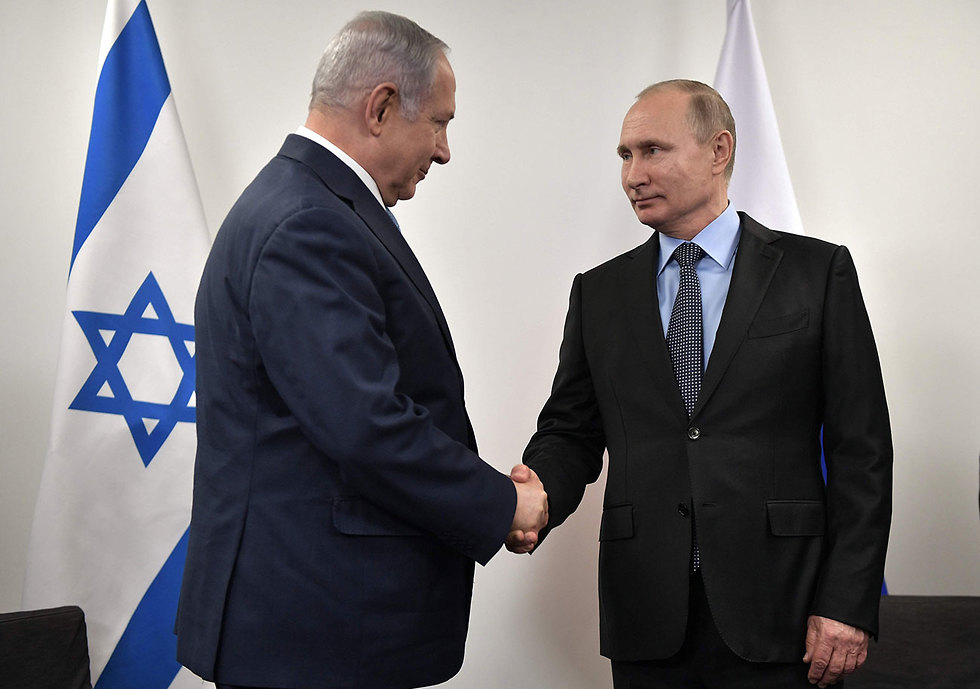
Prime Minister Netanyahu with Russian President Putin. Moscow is prepared to listen to Israel (Photo: AFP)
Israel is climbing up a high tree, knowing that it will either slip off with its tail between its legs without achieving a thing or will be compelled to use force. A strike in Lebanon will most likely lead to war, as the chance to deter the enemy is quite small. Classic deterrence is when you threaten an enemy not to target you on your own territory.
In this case, Israel is demanding that the enemy refrain from acting on its own territory or risk being targeted. In terms of international legitimization and from a historical perspective, the chance that such a threat will be accepted by the international community and make the enemy stop acting on its own territory is very small.
The defense minister is aware of this slippery slope. When asked on Monday why Israel wasn’t striking in Lebanon and destroying the missile factories, he replied that there were other ways of acting apart from bombs, that there were other leverages. “The last thing I want is to enter a third Lebanon war,” he said.
Lieberman has something to count on. Moscow is prepared to listen to Israel today. The Russians understand that Netanyahu is the last leader in the world who has a good relationship both with Putin and with US President Donald Trump. As far as they’re concerned, he is a vital tool vis-à-vis the Americans. Furthermore, his threats can be used to minimize Iranian influence in the region.
It all sounds good in theory. In practice, if the Iranians keep digging missile factories, Israel will get stuck on the tree it climbed and will be forced to make a decision: Are two or three missile factories in Lebanon a casus belli for an initiated war or not? This is the dilemma the government should present to the public: A war by choice or living under a growing threat of precision-guided missiles.
Is Israel headed towards an initiated war in Lebanon? : http://ift.tt/2Fzrd5T